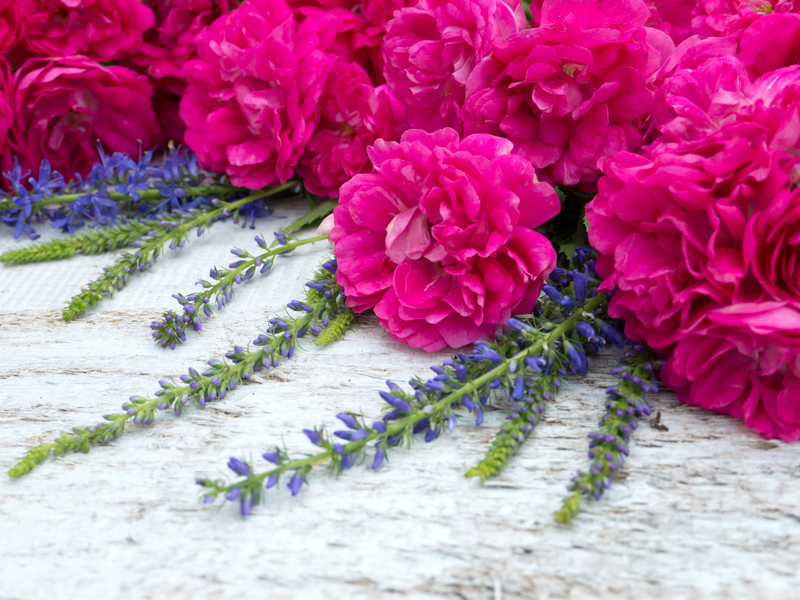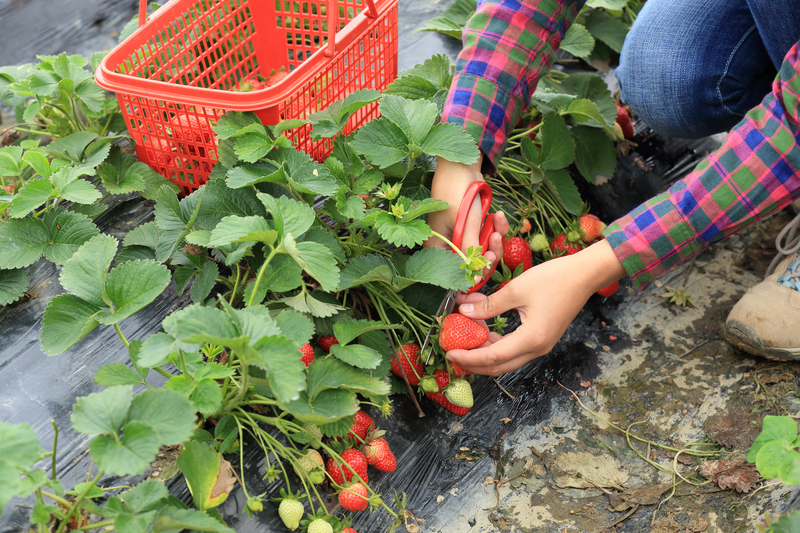Top Evergreen Trees for Compact Gardens
Posted on 20/07/2024
When it comes to creating an inviting, year-round garden, evergreen trees are indispensable. These trees provide constant color, texture, and structure, making them ideal for gardens of all sizes. However, if you have a compact garden, it's crucial to choose the right types of evergreens that won't outgrow their space. In this guide, we'll explore the top evergreen trees suited for small gardens, alongside practical tips, pros and cons, and key takeaways to help you make informed decisions.
Dwarf Alberta Spruce
The Dwarf Alberta Spruce (Picea glauca 'Conica') is a compact, conical tree that reaches about 10-12 feet in height over many years. Its slow growth rate makes it an excellent choice for small gardens.
- Pros: Requires little maintenance, withstands cold climates, and has a neat, symmetrical shape.
- Cons: Can be susceptible to spider mites, not suitable for overly hot climates.

Camellia Japonica
Camellia Japonica is an evergreen that doubles as both a tree and a flowering plant. It has shiny, dark green leaves and produces beautiful blooms in winter and early spring.
- Pros: Provides year-round interest, versatile in different soil conditions, and attracts pollinators.
- Cons: Requires acidic soil, may struggle in extreme cold or direct sun.
Japanese Yew
Japanese Yew (Taxus cuspidata) is a highly adaptable tree suitable for topiary work. This type reaches about 10 feet in height and can be pruned to any shape.
- Pros: Tolerant of various light conditions, can be pruned to maintain size, long-lived.
- Cons: All parts are toxic if ingested, can become thin in shaded conditions.
Hinoki Cypress
The Hinoki Cypress (Chamaecyparis obtusa) features flattened sprays of scale-like leaves that give it a unique appearance. This tree grows to a maximum height of about 12 feet, making it perfect for compact spaces.
- Pros: Adds visual interest, options available for dwarf varieties, withstands pruning.
- Cons: Sensitive to overwatering, slower growth rate.
Boxwood
Boxwood (Buxus sempervirens) is often grown as a hedge, but it can also serve as a compact tree. With vibrant green leaves, Boxwood can be easily shaped and pruned.
- Pros: Highly versatile, resistant to deer, can be sculpted into various shapes.
- Cons: Prone to diseases like Boxwood blight, needs regular trimming.
Blue Star Juniper
The Blue Star Juniper (Juniperus squamata 'Blue Star') is known for its steel-blue foliage and compact size. It typically grows to a height of about 3 feet.
- Pros: Low maintenance, drought-tolerant, provides a unique color.
- Cons: Needs full sun, can be prickly to the touch.
Italian Cypress
The Italian Cypress (Cupressus sempervirens) is a tall, slender tree that works well in narrow spaces. It typically reaches up to 15 feet but retains a compact, columnar shape.
- Pros: Excellent for vertical accents, low maintenance, drought-tolerant.
- Cons: Susceptible to strong winds, requires well-draining soil.
Tips for Growing Evergreen Trees in Compact Gardens
- Plan Ahead: Know the eventual height and width of the tree to avoid overcrowding.
- Soil Testing: Conduct soil tests to ensure the tree suits the soil pH and type.
- Watering: Young trees need regular watering until established. Be mindful of not overwatering.
- Pruning: Regular pruning helps maintain size and shape.
- Mulching: Mulch around the base helps retain moisture and suppress weeds.
Pros and Cons
- Pros:
- Year-round interest and color.
- Privacy and windbreaks.
- Low maintenance once established.
- Suitable for topiary work and creative gardening.
- Cons:
- Some varieties may be prone to pests and diseases.
- May require specialized soil or climate conditions.
- Initial cost can be high.
- Space limitations may restrict growth.

Takeaways
When selecting evergreen trees for compact gardens, consider their mature height and width, adaptability to local climate, and maintenance requirements. Dwarf Alberta Spruce, Camellia Japonica, Japanese Yew, and Hinoki Cypress are just a few of the excellent choices. Keep in mind that proper care, such as regular pruning and suitable soil conditions, can help ensure that these evergreens thrive in your compact garden.
Conclusion
Evergreen trees are a fantastic way to add year-round beauty and structure to compact gardens. By carefully selecting the right species, you can enjoy the benefits of evergreen trees without worrying about space constraints. Whether you prefer the classic look of a Dwarf Alberta Spruce or the unique appeal of Blue Star Juniper, these trees offer a multitude of options to suit any small garden. With mindful planning and maintenance, your compact garden can become a lush evergreen haven.
Latest Posts
Must-Try Planting Concepts for a Beautiful Autumn Garden
DIY Guide to Perfectly Sharpening Garden Shears at Home
Essential Techniques for Maintaining Clean and Lush Artificial Grass
Transform Your Space With Meaningful Zen Garden Plant Choices




